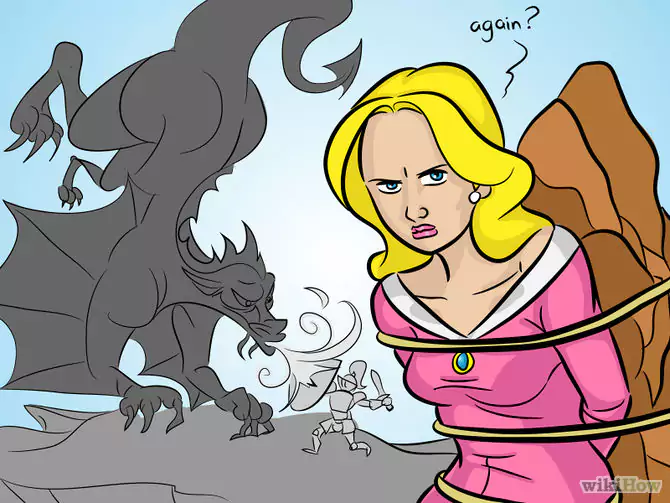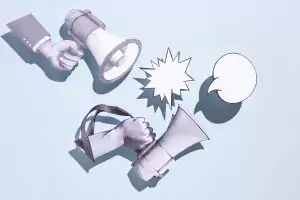
✅ AI Essay Writer ✅ AI Detector ✅ Plagchecker ✅ Paraphraser
✅ Summarizer ✅ Citation Generator
 It’s impossible to write something entirely new—no matter whether you are an experienced writer or an amateur, you will always repeat what has been written before. According to Christopher Booker, there are seven basic plots in literature: quest, rebirth, tragedy, comedy, voyage and return, fighting a monster, and a “rags-to-riches” arch. Whatever novel you analyze, it will always contain at least one of these plots.
It’s impossible to write something entirely new—no matter whether you are an experienced writer or an amateur, you will always repeat what has been written before. According to Christopher Booker, there are seven basic plots in literature: quest, rebirth, tragedy, comedy, voyage and return, fighting a monster, and a “rags-to-riches” arch. Whatever novel you analyze, it will always contain at least one of these plots.
By combining elements of these basic plots, you can create a narrative different from other fellow writers. And, of course, the lack of conceptual novelty does not make your writing boring: good ol’ motives are the best. What you should really omit is cliches.
- Cliches in stories.
- Cliched characters.
- Cliched endings.
- Did I mention cliche phrases? Avoid them “like the plague!”
Although plots are basically the same, each story is still unique. A story consists of characters, settings, conflicts, storyline twists, and so on; what you should remember is that a story itself can be a cliche.
– a man who loses his wife, then meets another woman, and falls in love with her (while denying to admit it)
– a young romantic person going on an adventure to find the legacy of their lost relative
– a man and a woman who meet because of circumstances and hate each other at first, but then become a couple
– a police detective loses his partner and decides to avenge the killer
These are examples of cliched storylines. Numerous authors, same stories. Would you be interested in reading the same story over and over again?
We perceive other people through the prism of our stereotypes, which is normal. However, these stereotypes tend to become ridiculously convex and dull when we put them on paper. So, be careful.
– all-forgiving wise father/mother who lets their children live their own life (or a totalitarian dictator surveying and punishing every step their child makes)
– a quiet, shy, and nerdy boy/girl ignored by classmates, who saves everyone in a critical moment (or turns out to be a complete psycho)
– a bit dimwitted but funny friend of the main character, always dragging themselves into comical situations
– a totally evil megalomaniac dreaming of destroying the world for no particular reason
– a cold-minded, always calm, and misanthropic intellectual
This is what I probably hate the most of all: the quintessence of a story turning out to be super-boring and predictable.
– happy end when the main characters marry each other, become rich, fulfill their dreams, return home, or do other trivial and happy things
– waking up and realizing that all events described in the book were just a dream of the main character
– defeating an evil opponent (in the beginning of a fight the main character almost loses, but then he or she remembers something meaningful/worthwhile, and wins)
These are just some of the examples of typical ending cliches. Be careful!
I think this is it. Now that you know cliches are bad, you should go and reread your story and check whether there is something from this list in it.
Good luck!
Follow us on Reddit for more insights and updates.




Comments (0)
Welcome to A*Help comments!
We’re all about debate and discussion at A*Help.
We value the diverse opinions of users, so you may find points of view that you don’t agree with. And that’s cool. However, there are certain things we’re not OK with: attempts to manipulate our data in any way, for example, or the posting of discriminative, offensive, hateful, or disparaging material.